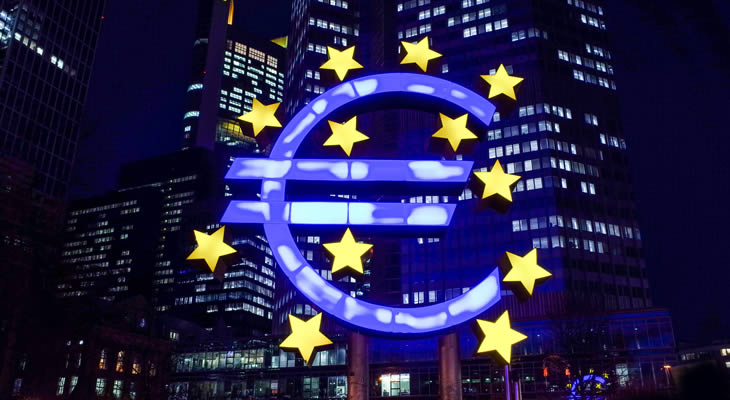Even though UK retail sales proved stronger than forecast in June this was not enough to boost the Pound Euro exchange rate.
While sales rebounded strongly on the month the 0.6% uptick failed to entirely reverse the -1.1% contraction seen in May, limiting the benefit to the Pound.
Consumer optimism may struggle to sustain itself in the coming months as inflationary pressure continues to outpace wage growth, with momentum in the wider economy likely to stall as a result of weaker spending.
As a result the GBP EUR exchange rate remained biased to the downside, with the prospect of an imminent Bank of England (BoE) interest rate hike significantly diminished.
Confidence in Sterling could improve somewhat ahead of the weekend, however, if June’s public sector net borrowing figure demonstrates a smaller increase in new government debt.
Although the domestic political situation continues to weigh on the Pound, given the signs of instability within the minority Conservative government, a positive showing could still shore up GBP exchange rates in the short term.
Further volatility is likely for the Pound with the release of the second quarter UK gross domestic product, particularly if growth is found to have continued to ease.
On the other hand, if GDP picked up after the disappointing first quarter this could prompt a bullish run for the GBP EUR exchange rate.
Euro Volatility Likely in Response to ECB Policy Meeting
The mood towards the Euro improved somewhat, meanwhile, in anticipation of the European Central Bank’s (ECB) latest policy meeting.
Investors are keen to gauge the outlook of policymakers, looking in particular for any discussion of possible tapering of the quantitative easing program.
President Mario Draghi could face a delicate balance in managing market expectations, though, as the single currency could strengthen sharply in response to any hints of greater confidence.
As Kit Juckes of Société Générale noted:
‘While acknowledging the strength of the economy, Draghi is likely to counter any ideas of an imminent and rapid path towards ending QE, instead urging patience with the still-subdued inflation outlook.
‘We maintain our call for an announcement in September of a six-month extension of the APP into 2018 at €40bn/month, followed by data-dependent quarterly reductions.’
If Draghi takes a more dovish tone the GBP EUR exchange rate could recover its recent losses and return to an uptrend.
Demand for the Euro could weaken markedly if the ECB looks less likely to return to a hawkish bias in the coming months, given the increasing shift towards tighter monetary policy from other major central banks.


Comments are closed.